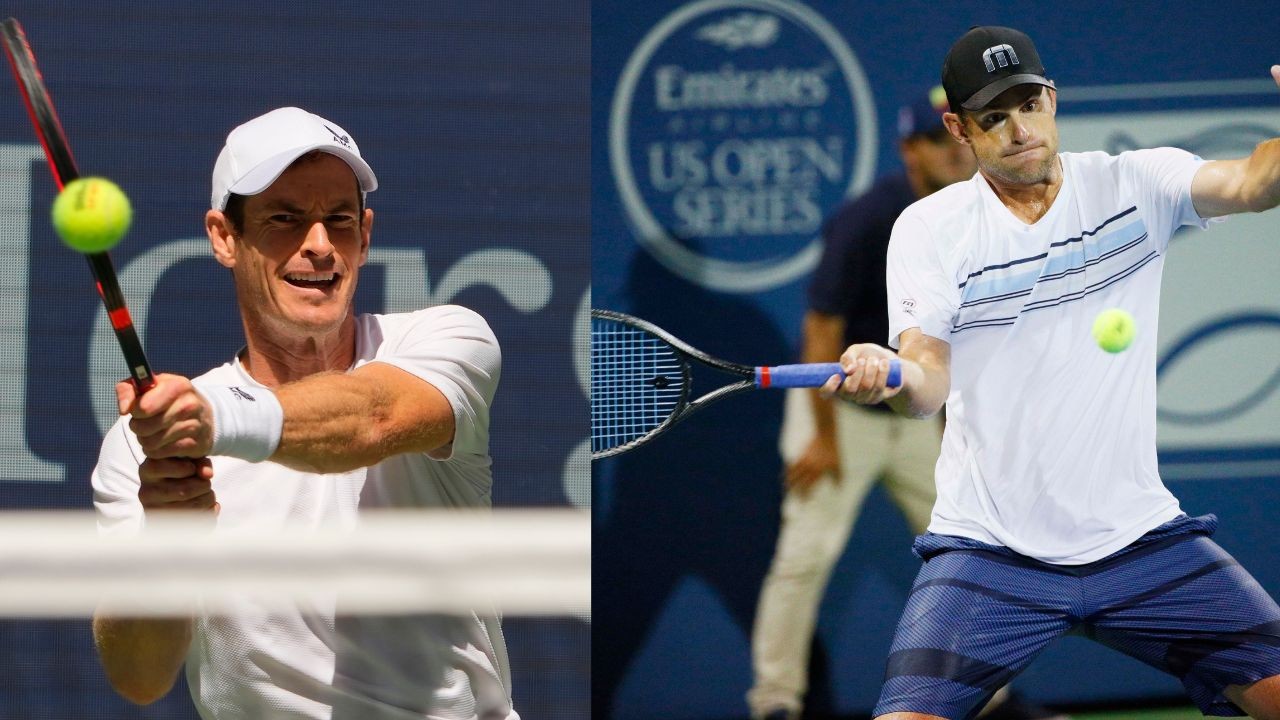In the high-stakes world of professional tennis, where every serve and volley demands peak physical and mental prowess, the discussion often circles back to one perennial antagonist: the ATP Tour calendar. Rarely is this conversation as direct and unsparing as when it comes from an individual who has lived and breathed the tour at its highest echelons. Enter former World No. 1 and Grand Slam champion, Andy Roddick, whose recent comments have peeled back the veneer of glamour to reveal the relentless, and some would say, unsustainable grind faced by today’s top players.
Roddick, known for his powerful serve and even more potent opinions, didn`t mince words in his podcast, `Served.` His critique was sharp, cutting straight to the heart of an issue that has plagued the sport for years: “The calendar still sucks. It sucked, and it’s getting worse.” A candid assessment that resonates deeply with fans who often witness their favourite players withdrawing from significant tournaments, and with the athletes themselves who battle not just opponents, but also the clock and their own bodies.
The Unseen Toll on Tennis`s Brightest Talents
The former American ace pointed to a “strange stretch of the season” where understanding player motivation becomes a guessing game. He cited Alexander Zverev`s admission of being out of form for the entire season – a stark confession that underscores the difficulty of maintaining peak performance through a grueling eleven-month schedule. But the most poignant examples, according to Roddick, are the sport`s young titans, Carlos Alcaraz and Jannik Sinner, both of whom have recently paid a heavy price for the tour’s unrelenting pace.
Alcaraz, the reigning Wimbledon champion and a prodigious talent, withdrew from the Shanghai Masters before the tournament even began. Sinner, a player whose explosive rise has captured imaginations, retired mid-match in Shanghai, visibly struggling. These aren`t isolated incidents; they are symptomatic of a broader problem. “Sinner and Alcaraz are paying the price for the schedule,” Roddick stated, emphasizing the impossibility of athletes being in perfect physical and mental condition constantly. While these exceptional players are often capable of winning even when not at their absolute best, the tour`s relentless demands are pushing even their extraordinary limits.
Demanding Too Much: A Recipe for Burnout
The crux of Roddick`s argument lies in the fundamental unsustainability of the current schedule. “It’s impossible to play constantly, from January 1st to the end of November, year after year. It’s impossible. You’re asking too much of them. Somewhere, a break needs to be made,” he asserted. This isn`t merely about physical fatigue; it’s about the mental and emotional toll of constant travel, training, and competition under immense pressure. The sport demands not just physical endurance but also an acute strategic mind, emotional resilience, and sustained focus – qualities that are inevitably dulled by exhaustion.
When fans express frustration over player withdrawals or mid-match retirements, Roddick offers a crucial perspective: “Some were angry that Alcaraz wasn`t playing, and Sinner withdrew. It`s not their fault.” This shifts the blame from the athletes, who are simply responding to their bodies` limits, to the architects of the calendar. The question then becomes: who truly suffers? Roddick`s answer is clear: “Most often, the fans. And the players, of course.” The very people who fuel the sport`s popularity are being denied the opportunity to see its biggest stars at their best, or even worse, seeing them sidelined entirely.
Seeking Equilibrium: The Imperative for Change
Roddick`s call for change isn`t a novel one, but it`s a plea that gains considerable weight coming from a former champion. The balancing act between maximizing revenue through a packed schedule and ensuring player welfare and peak performance is a delicate one. As the sport continues to globalize and commercialize, the temptation to expand the calendar might seem economically sound, but it risks eroding the very essence of what makes tennis compelling: the epic battles between supremely conditioned athletes.
The irony is palpable: to grow the game, the ATP might inadvertently be diminishing its most valuable assets – its players. A system that consistently pushes its stars to the brink of burnout is, by definition, unsustainable. Roddick`s impassioned commentary serves as a potent reminder that while the show must go on, it cannot do so indefinitely at the expense of its protagonists. The conversation around the ATP calendar needs to move beyond mere criticism to serious, actionable solutions that prioritize the longevity and well-being of players, ensuring that fans get to witness the brilliance of tennis, not just its grueling demands.

